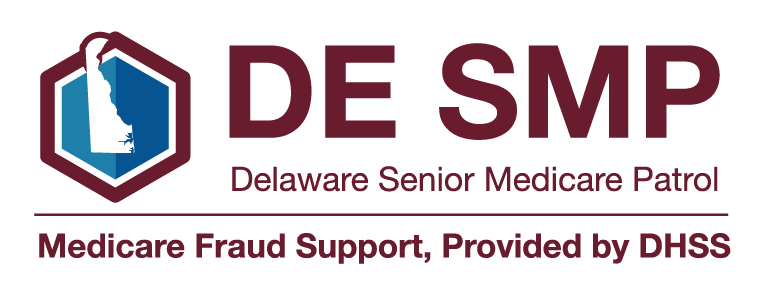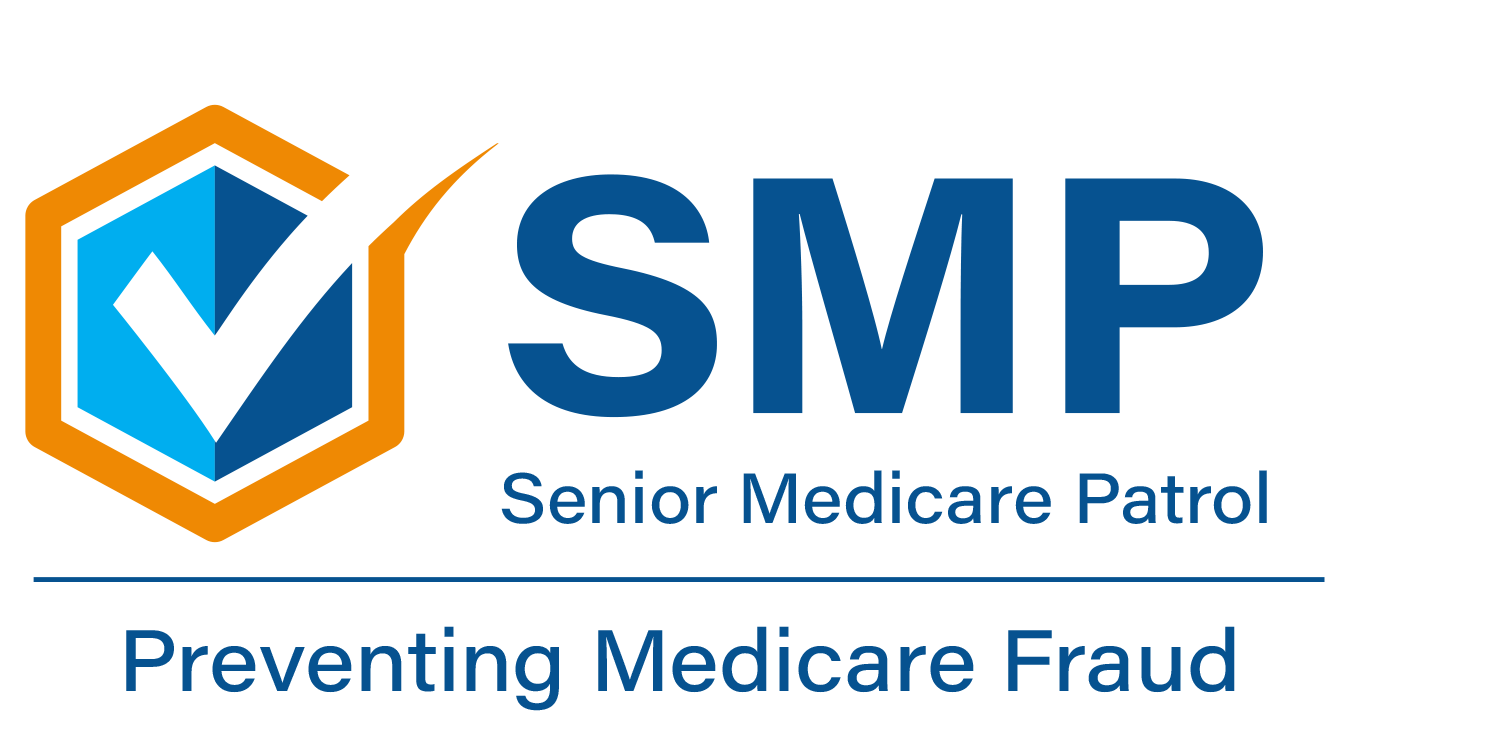Detect
What signs of a health care scam should I be aware of, or what if it’s just a mistake? DE SMP’s tools and resources help you to escape risky situations and to gain confidence in those scenarios.
Is There Something Wrong Here?
After following the steps to Protect yourself better, is there a health care bill or an offer you still don’t understand? Medicare is complicated, and fraud/errors are not always detected in the billing process. What may seem like an error to you may simply be the result of a misunderstanding about benefits. It may also be abuse, which involves billing Medicare for services that are not covered or are not correctly coded. So, is it fraud, or not?
Identifying Medicare fraud, errors, or abuse can be difficult, but you should be diligent in reviewing your bills and information when you receive it. You can detect potential problems by keeping a record of health care visits and services received and comparing that list to your Medicare Summary Notices (MSNs) and Explanations of Benefits (EOBs). DE SMP has Resources to keep track of information. Detection of errors should prompt you to call to your provider or DE SMP to come up with a plan for your questions.
Common Types of Health Care Fraud
Unfortunately, health care fraudsters will use things like COVID-19 and the popularity of Genetic Testing to take advantage of you. Some common examples of suspected Medicare fraud or abuse are:
- Billing for services or supplies that were not provided
- Providing unsolicited supplies to beneficiaries
- Misrepresenting a diagnosis, a beneficiary’s identity, the service provided, or other facts to justify payment
- Prescribing or providing excessive or unnecessary tests and services
- Violating the participating provider agreement with Medicare by refusing to bill Medicare for covered services or items and billing the beneficiary instead
- Offering or receiving a kickback (bribe) in exchange for a beneficiary’s Medicare number
- Requesting Medicare numbers at an educational presentation or in an unsolicited phone call
- Routinely waiving co-insurance or deductibles
- Waivers are only allowed on a case-by-case basis where there is financial hardship, not as an incentive to attract business
Common Fraud Schemes
Fraud Scheme: COVID-19
Scammers use public health emergencies as opportunities for new fraud schemes, and because older adults are at greater risk for serious illness from COVID-19, scammers may target older populations. This may include delivering fake test kits, offering “free” supplies in exchange for your Medicare number, or a number of other angles. Learn more on the National SMP Resource: COVID-19 Fraud Alert and COVID-19 Fraud Resources
Fraud Scheme: Genetic Testing
Across the nation, genetic testing company representatives are offering “free” genetic tests to Medicare beneficiaries. During this popular scam, these criminals can steal people’s medical identity and falsely bill Medicare, draining the system of needed funds. Learn more on the National SMP Resource: Genetic Testing Fraud Alert and Genetic Testing Fraud Resources
Fraud Scheme: Hospice Care
The term “hospice fraud” covers a variety of different types of fraud that are each detrimental in their own way. Fraudsters are targeting assisted living facility and nursing home residents whose life expectancy exceeds six months and are using high-pressure and unsolicited marketing tactics to get them to agree to hospice services. Learn more on the National SMP Resource: Hospice Care Fraud Alert and Hospice Fraud Resources
Learn more about other fraud schemes that criminals exploit:
The Process of Investigating
How do I know if something is legitimate? Here are steps we recommend you take to investigate any concerns:
 Step 1: Contact that Provider or Supplier
Step 1: Contact that Provider or Supplier
Call your health care provider or supplier first to question the charge.
If the issue is determined to be a mistake, ask them to correct it.
 Step 2: Contact The Payer/Insurance
Step 2: Contact The Payer/Insurance
If the provider or supplier can’t answer the question, contact the company that paid the bill. Their contact information can be found on your Medicare Summary Notice (MSN) or Explanation of Benefits (EOB).
 Step 3: Contact DE SMP
Step 3: Contact DE SMP
If the issue still isn’t resolved, Contact Us, DE SMP, and we can assist. If fraud or abuse is suspected, we will guide you in resolving it and we will refer cases to the proper authorities on your behalf.







